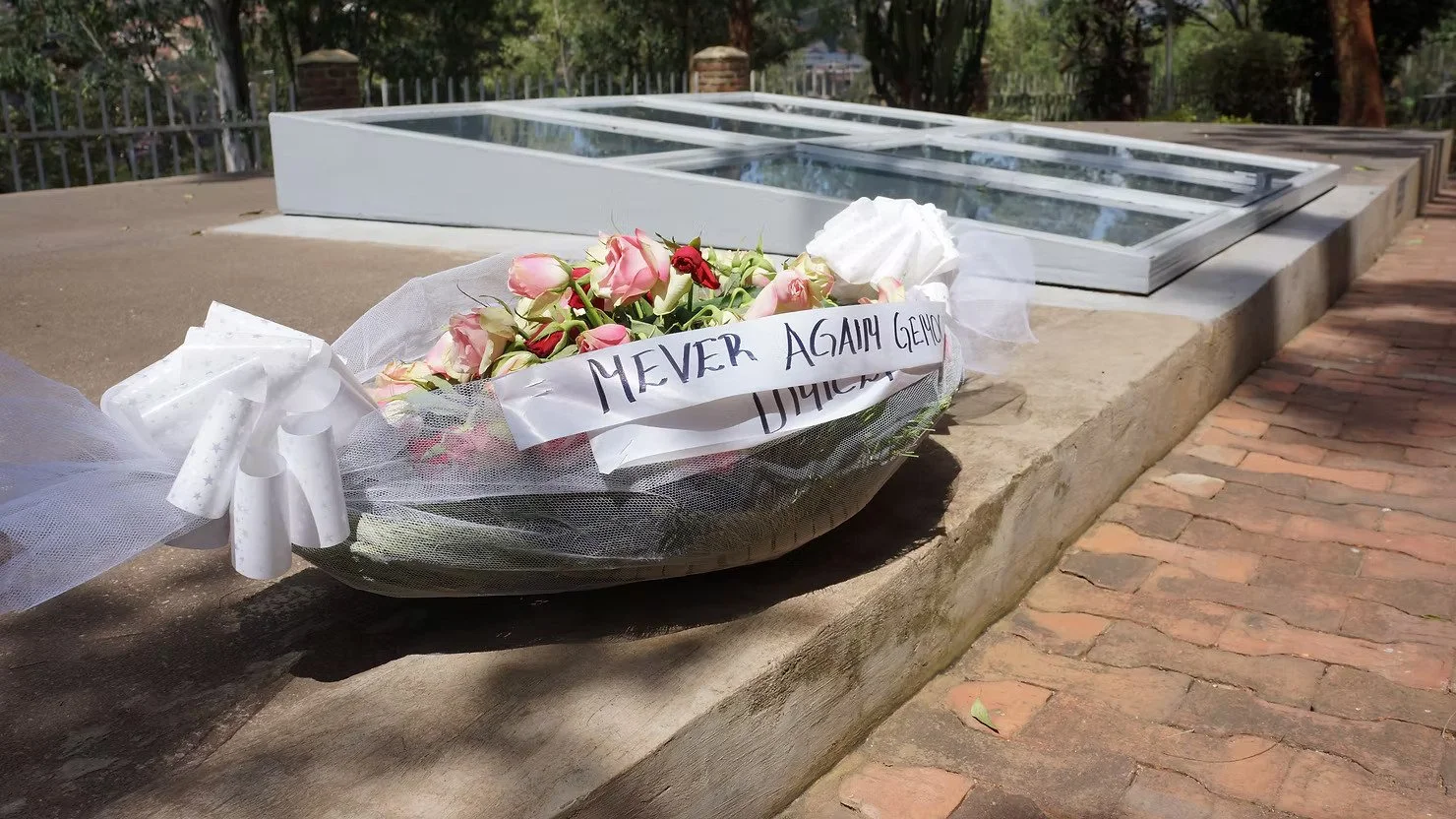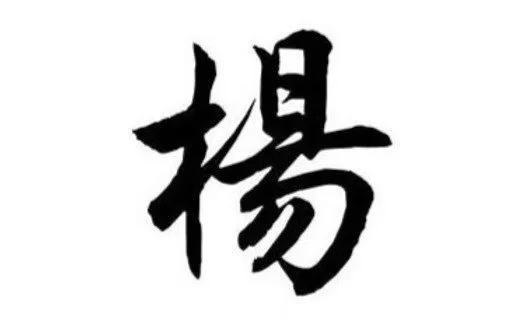
Changing Lenses Blog
Is the way we’re working not working for you?
Check out these innovative ideas to Change Your Lens on career, social justice, and trauma care.
Because we’re all humans, not resources.
What Is Trauma?
Trauma is like having a broken arm, except it’s invisible so it’s a lot harder to identify and treat. If your trauma is never healed, you may be able to get by, but it’s not the same as it was before - things feel harder and take more effort. Conversations and activities which used to be easy and fun now feel unbearable. You may be limited in your capacity for how long you can handle stressors before exploding in anger or collapsing in depression.
Trauma can be overt (war) or covert (racism).
Anti-Asian Racism: When My Food Becomes Your Fear Factor
They weren’t eating the food I love in appreciation. They were eating it as a gross-out challenge. Eating foods from different cultures is not an obstacle to overcome. It’s an experience to be had.
Colonial Consequences: Race-on-Race Racism
Almost every country outside of Europe and Great Britain has been colonized at one point; and the impacts are ongoing. Some impacts are public and obvious – like in Canada, where so-called residential “schools” were used to “kill the Indian in the child”. Some are less well-known, like the link between Rwanda’s genocide and Belgium’s racial assignments. And some are so subtle and socially normalized that they’re almost invisible. Here are some ways I’ve experienced colonial impact in my life.
What’s in a Name?
“Sometimes People of Colour feel the need to change their name to make it easier for White people to pronounce. e.g. you often see Chinese people anglicizing their names.”
I don’t feel that I’ve compromised my ethnicity by having an “English” name. But I have definitely felt discrimination against my Chinese name.




